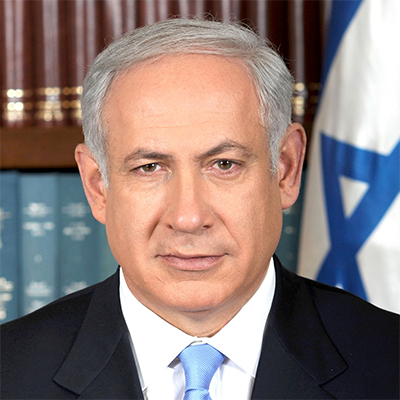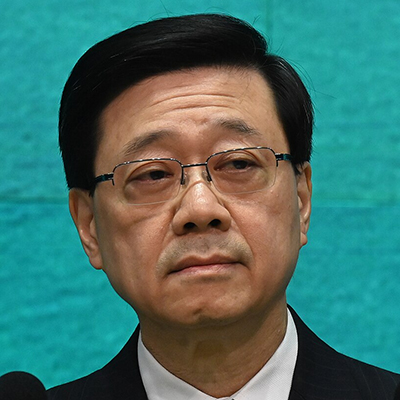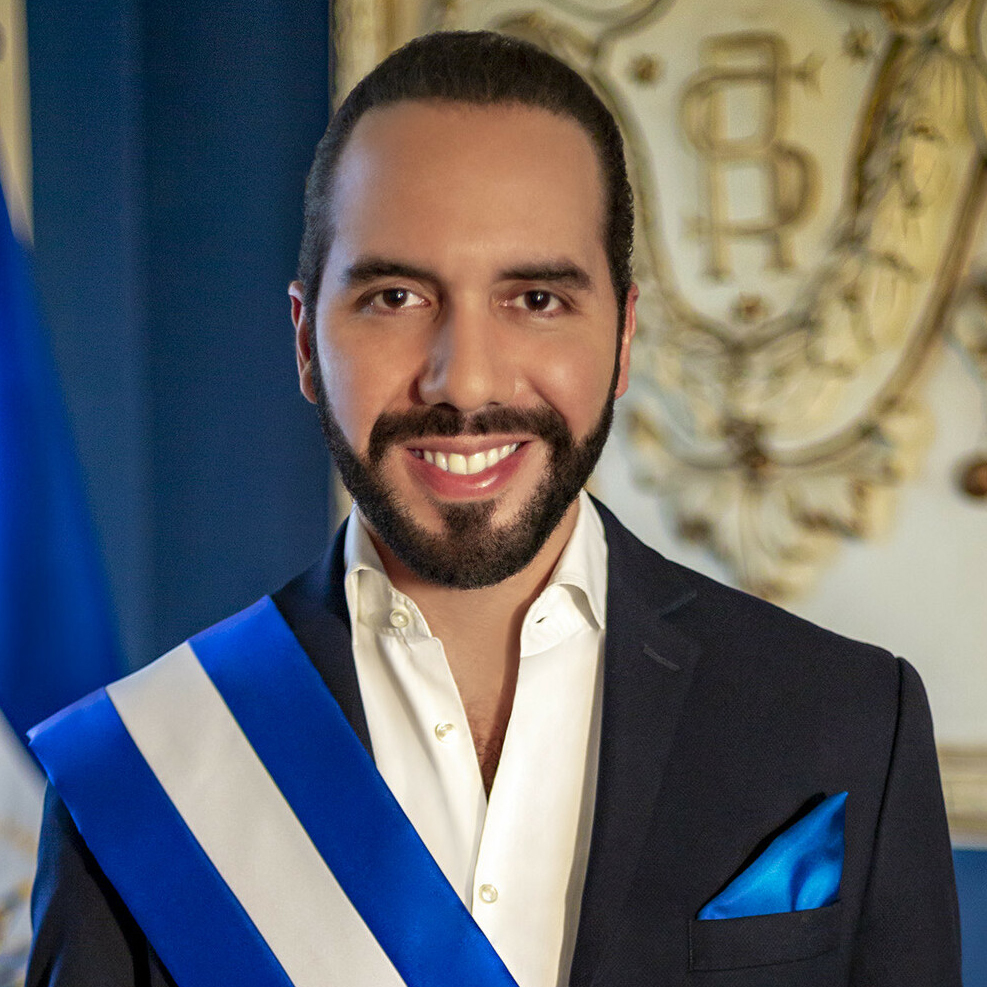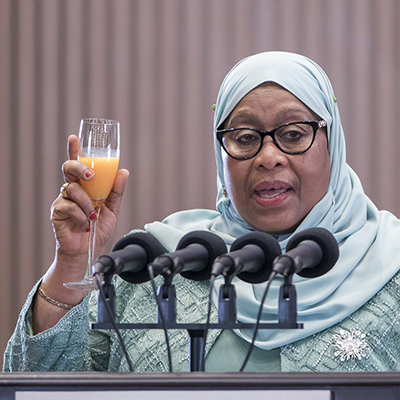Tyrant of the year 2025: Benjamin Netanyahu
 Israel once boasted it was the only democracy in the Middle East. But in the last year the country’s Prime Minister Benjamin Netanyahu has accelerated attempts to erode democratic institutions. So dire is the situation that US political scientist Steven Levitsky, a leading expert on democracy, declared this year that Israel has “crossed into authoritarianism”.
Israel once boasted it was the only democracy in the Middle East. But in the last year the country’s Prime Minister Benjamin Netanyahu has accelerated attempts to erode democratic institutions. So dire is the situation that US political scientist Steven Levitsky, a leading expert on democracy, declared this year that Israel has “crossed into authoritarianism”.
In 2025, Netanyahu has reignited his attempts to control the judiciary – the very actions that saw thousands of Israelis protest two years ago – as well as acts to neuter arms of the state which were independent from the government. He’s passed legislation to control who is appointed to the supreme court, attempted to sack the attorney-general who tried to hold the government to account for exceeding its authority and fired the head of the Israeli security agency Shin Bet who revealed that Netanyahu had asked him to treat anti-government protesters as terrorists. Just this month the justice minister is looking to pass a bill allowing the government to hand-pick a person to investigate the attorney-general.
All of this is in addition to attempts to muzzle the national and international media by not allowing free access to journalists to report the situation in Gaza, and the continued targeted killing of Palestinian reporters in Gaza by Israeli security forces. Israel under the Netanyahu government still faces damaging legal proceedings in the Hague for breaking international law, and a United Nations report from September saying the country has committed genocide in Gaza. Quite the charge sheet.
To cast your vote, click on your chosen tyrant's face below and then click on the Vote button. And if you want the winner delivered straight to you in early January, sign up to our newsletter – you’ll then be the first to know who claims the crown no one wants.
The closing date is Monday 5 January 2026.
To view the other contenders for Tyrant of the Year, click here.

 Is John Lee closing out 2025 in disaster or triumph? His harsh response to November’s tragic fire suggests the latter, at least on the surface. After years spent further tightening Hong Kong’s freedoms under the 2020 National Security Law, he seemed to seize the moment. Much quieter outrage from Hong Kong’s now incredibly beleaguered civil society? Tick. Media coverage now largely aligned with the government narrative and fixated on the role of bamboo? Tick. A heavy-handed crackdown on the few who dared to speak out, including petitions shut down, conferences targeted and organisers arrested? Tick, tick, tick. Even foreign journalists, once relatively insulated from the city’s authoritarian drift, found themselves threatened over how they reported on the fire.
Is John Lee closing out 2025 in disaster or triumph? His harsh response to November’s tragic fire suggests the latter, at least on the surface. After years spent further tightening Hong Kong’s freedoms under the 2020 National Security Law, he seemed to seize the moment. Much quieter outrage from Hong Kong’s now incredibly beleaguered civil society? Tick. Media coverage now largely aligned with the government narrative and fixated on the role of bamboo? Tick. A heavy-handed crackdown on the few who dared to speak out, including petitions shut down, conferences targeted and organisers arrested? Tick, tick, tick. Even foreign journalists, once relatively insulated from the city’s authoritarian drift, found themselves threatened over how they reported on the fire. El Salvador's President Nayib Armando Bukele, self-proclaimed "coolest dictator", has had a busy 2025. Among his draconian rulings are escalated attacks on the press, which has forced dozens of journalists into exile. This includes the majority of the news outlet El Faro’s journalists, who had to leave the country after the newspaper published an
El Salvador's President Nayib Armando Bukele, self-proclaimed "coolest dictator", has had a busy 2025. Among his draconian rulings are escalated attacks on the press, which has forced dozens of journalists into exile. This includes the majority of the news outlet El Faro’s journalists, who had to leave the country after the newspaper published an  Tanzania had high hopes for Samia Suluhu Hassan, even though she was the leader of Chama Cha Mapinduzi, which had dominated Tanzanian politics since the party's formation in 1977, and she was the successor of John Magufuli, whose campaign of repression escalated in his final years. Still, when she came to power in 2021 restrictions on the media and protest were loosened. But as the old adage goes, absolute power corrupts absolutely and with her eyes on election victory this year she spearheaded a
Tanzania had high hopes for Samia Suluhu Hassan, even though she was the leader of Chama Cha Mapinduzi, which had dominated Tanzanian politics since the party's formation in 1977, and she was the successor of John Magufuli, whose campaign of repression escalated in his final years. Still, when she came to power in 2021 restrictions on the media and protest were loosened. But as the old adage goes, absolute power corrupts absolutely and with her eyes on election victory this year she spearheaded a